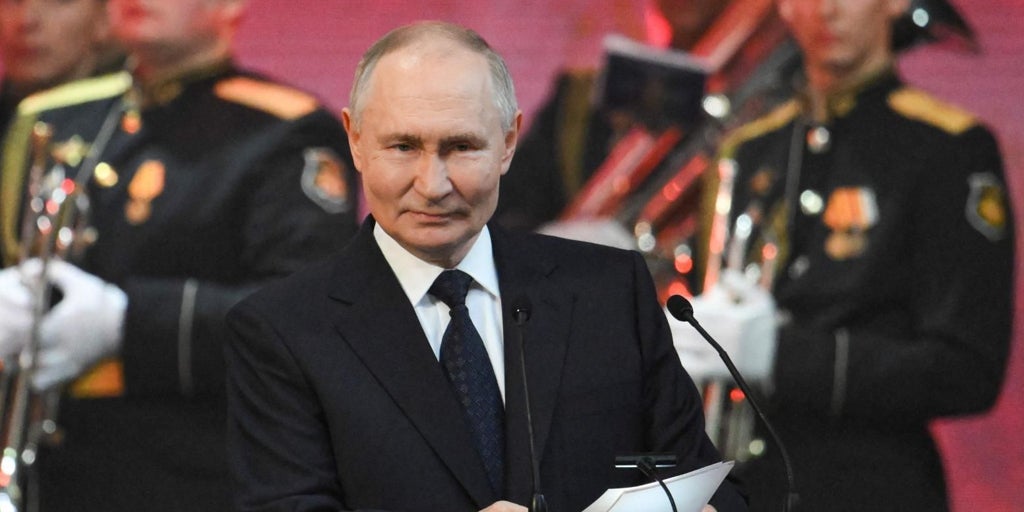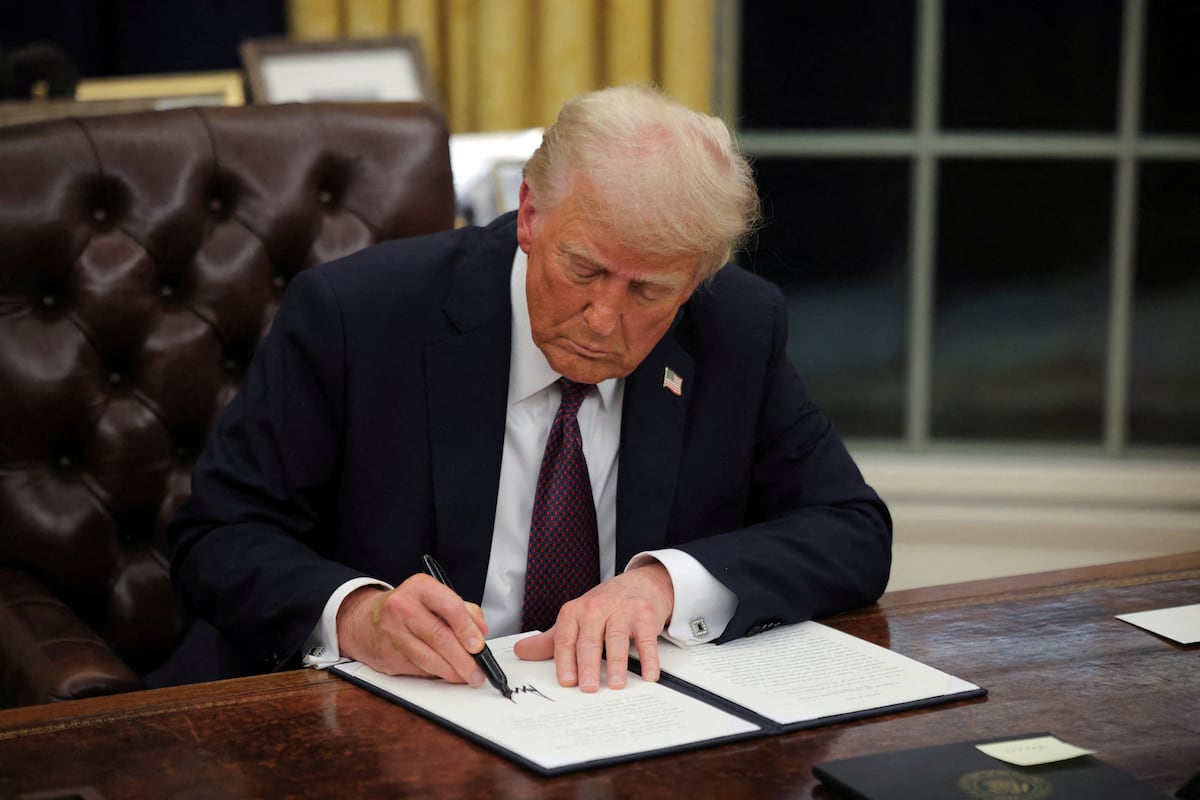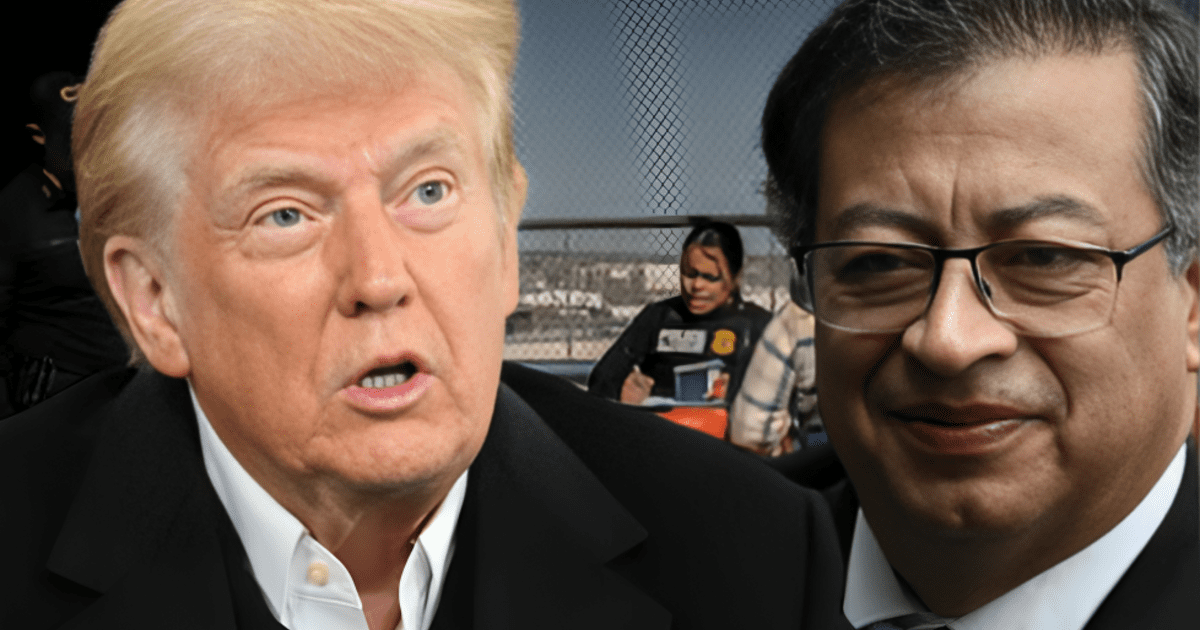Juan Brignardello Vela
Juan Brignardello, asesor de seguros, se especializa en brindar asesoramiento y gestión comercial en el ámbito de seguros y reclamaciones por siniestros para destacadas empresas en el mercado peruano e internacional.




The recent announcement by Colombian President Gustavo Petro has generated a wave of reactions both in Colombia and internationally. In a clear and forceful message, the president disapproved the entry of U.S. planes carrying deportees into the country, arguing the need to ensure a dignified treatment for Colombian migrants. "The U.S. cannot treat Colombian migrants as criminals," Petro stated, emphasizing that deportations must be carried out with respect and dignity. This pronouncement comes in a delicate context, where the immigration policy of U.S. President Donald Trump has been the subject of criticism and controversy. Trump has initiated what has been termed the largest deportation operation in U.S. history, a measure that has drawn rejection from several Latin American governments. In this sense, Petro aligns himself with other leaders in the region, who have also questioned the tactics employed by the Trump administration, including the use of handcuffs during deportations, as occurred on a recent flight to Brazil. Petro did not hold back in his criticism of Trump’s policies. In his message, he underscored that a migrant is not a criminal and must be treated with the dignity that any human being deserves. "I cannot make migrants stay in a country that does not want them, but if that country returns them, it must be done with dignity and respect," added the Colombian president. This stance also reflects a quest for sovereignty and national dignity, demanding that deportations occur under humane and appropriate conditions. The Colombian government has had to deal with pressure from the United States on multiple fronts, and this new chapter in bilateral relations highlights existing tensions. Trump has chosen to impose a 25% tariff on Colombia in response to the rejection of two deportation flights, a measure that could have significant economic repercussions for the South American country. Petro's decision not only seeks to protect migrants but also aims to reaffirm Colombia’s position in an asymmetric relationship with the northern giant. Amid this diplomatic turbulence, the Colombian president has also called for the regularization of the status of U.S. citizens who are in Colombia irregularly. With approximately 15,660 Americans in this situation, Petro expressed his willingness to facilitate their regularization, emphasizing his belief in human freedom. This gesture could be interpreted as an attempt to open a channel of dialogue and understanding between the two nations. Petro's criticism of Trump's stance was also emphatic when he referred to the U.S. president’s comments about Latin America, labeling them as "dangerous." According to Petro, the disdain towards the region not only affects Latin American countries but also has negative implications for American society. This call for reflection resonates with the concerns of several leaders in the region, who have warned about the consequences of foreign policy that ignores the social and economic realities of its neighbors. The context of these decisions is framed within a period of great upheaval and challenge at the Colombia-Venezuela border, where migration has been a hot topic. U.S. deportation policies intersect with the complex reality of thousands of migrants seeking better opportunities and often facing adverse conditions along their journey. In this regard, Petro's stance could be seen as an attempt to halt the dehumanization that often accompanies the immigration policies of many countries. In conclusion, the confrontation between Colombia and the United States in the context of migration raises important questions about sovereignty and humane treatment of migrants. Petro's decision to reject deportation planes reflects a desire to foreground the dignity of Colombians and all migrants. As international politics unfold, the future of relations between Colombia and the United States will depend not only on economic issues but also on mutual respect for human rights and dignity. The international community is closely watching how this situation develops at a time when migration has become one of the most crucial issues of the 21st century.





